Dateline: 26 March 2014
The picture above is of William Elliott, a farmer in Tennessee. The farm he operates is designated as a "Pioneer Farm," which means it has been in his family and in continuous production for at least 200 years. That is something special! You can read the story at this link: Family Farming Legacy Measured in Centuries.
###
The above article link was sent to me by Matt B., a reader of this blog. If you come across an article that you think I (and the rest of the readers of this blog) would find interesting, please let me know: hckimball@bci.net
A reader in Ohio sent me this letter a couple weeks ago….
Mr. Kimball,
Based on your review/recommendation I asked for a copy of "The Market Gardener" for my recent b-day. It's a great book and unlike most of the others out there (which I have) it delves more into the economics of market gardening. I'm only on page 10 but amazed that I've learned that outside labor can account for 50% of production cost! This is much higher than I might have initially guessed, but it makes sense when one considers the scale of the operation. This fact alone makes me convinced that a market garden business is the ideal family, multi-generational, home-based business. If one could get his family set up on a chunk of land that means a single set of expenses for many things like property taxes, utilities, insurance, etc. There are tasks associated with this type of business that older grandparents who might not be up to heavy physical work but would easily be able to assist with things like managing orders, paperwork, startings seedlings, interacting with customers, etc. Further, from a demand standpoint one would be providing something with inelastic demand - food. People will always need it regardless of any, what an engineer would call, boundary conditions.
So, what is point of this email? A big thanks for the recommendation. I'm 100% convinced that we are headed for some sort of economic calamity. We need to all be thinking of in terms of home-based business like you have. Unfortunately, I'm devoid of creativity so a Whizbang alternative is off the table for me. Growing vegetables - now that's something I can get into.
My response to that letter is that I believe a successful market garden business, like the author of The Market Gardener
Unfortunately, at my age, I don't have the stamina required to launch a market garden business, nor do I have the time or inclination to invest in the learning curve. Besides that, my children aren't interested. So I've settled for the next best thing… a home business in the country, where I can pursue a more self-reliant, agrarian lifestyle.
I do believe that micro-farming enterprises are "where it's at" when it comes to developing a land-based, family-centered, multi-generational lifestyle.
By the way, if you are new to this blog, and you read my review of The Market Gardener (linked above), be sure to also read this: Sage Advice For Would-Be Farmers.
###
It wasn't that long ago that the word, "agrarian," was practically forgotten and few people knew what it meant. Now it is, as they say, "trendy." As proof of this, Williams Sonoma is now attempting to cash in on an "agrarian line" of products.
###
Have any readers from Indiana been to Agrarian Urban Homestead and Supply store? It looks like a neat place.Speaking of making maple syrup (in My Previous Blog Post) there is now a new way of "tapping" trees. Simply lop off the top of a maple sapling, seal around the cut, attach a hose, and suck out the sap. No joke. Click Here for details.
###
If you have not yet seen "maple water" on your grocery store shelves, you probably will soon. This is a promising new (and trendy) product in the maple agribusiness industry. It's actually not a bad idea, as long as it's just maple tree sap. But I guarantee you it's not anywhere near as good for you (or as inexpensive) as drinking the sap right out of your own maple tree.
Vertical Water is one company cashing in on this idea. For more insights into this idea check out, New Maple Water Drink Has Untapped Potential, from the Cornell Chronicle. Also, did you know that you can tap walnut trees and make walnut syrup? Details are in that Cornell link.
By the way, drinking maple tree sap is a big deal in South Korea. They call it gorosoe, which means "tree good for the bones." It is reportedly good for other ailments too. Those folks have been drinking maple sap for centuries. You can Read This Article and learn more about it. Then, go tap a maple tree and give it a try!

















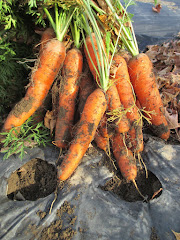



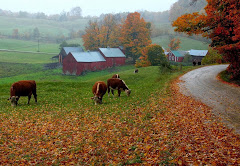





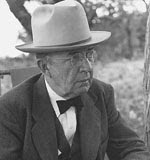




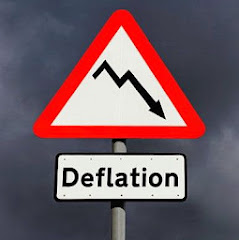

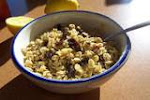




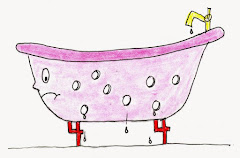



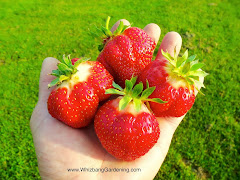








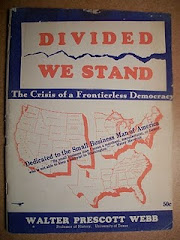












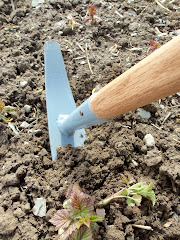
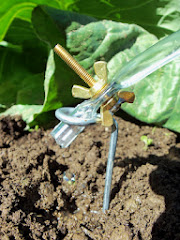

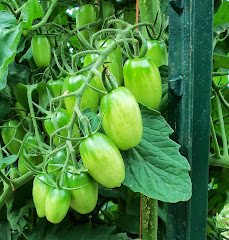
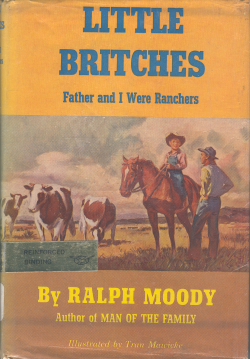
















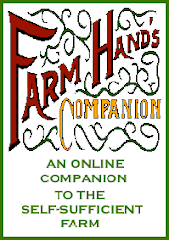

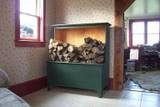







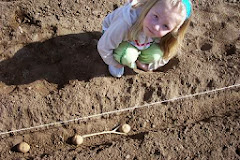
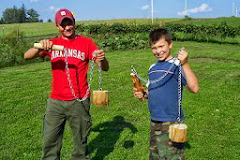


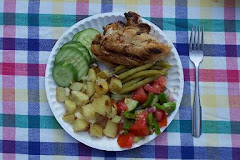



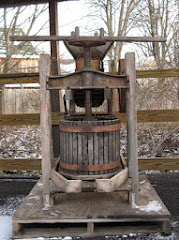

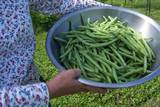
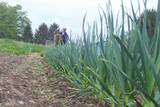


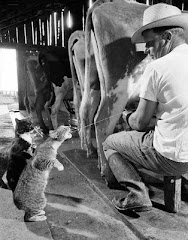







4 comments:
I've tapped birch trees for their sap before but nothing else. A lot of information in that post. I'd love to have some maple trees here to make some syrup.
I'm listening to Scott Terry's radio program now as I write this and find it very interesting and challenging.
Thanks for the link!
I saw some birch syrup at a store in Alaska once, and last year my sister got some syrup from a neighbor who had tapped his boxelder trees.
I guess if there's sugar in the sap, you can make syrup from it! (Or enjoy drinking it as-is...)
Walnut syrup is SO much better than maple syrup. Not as "medicinal" and overly sweet. Contrary to popular belief, it doesn't taste like walnuts. Our local conservation department does taste tests every year and the walnut syrup wins overwhelmingly every time.
Post a Comment